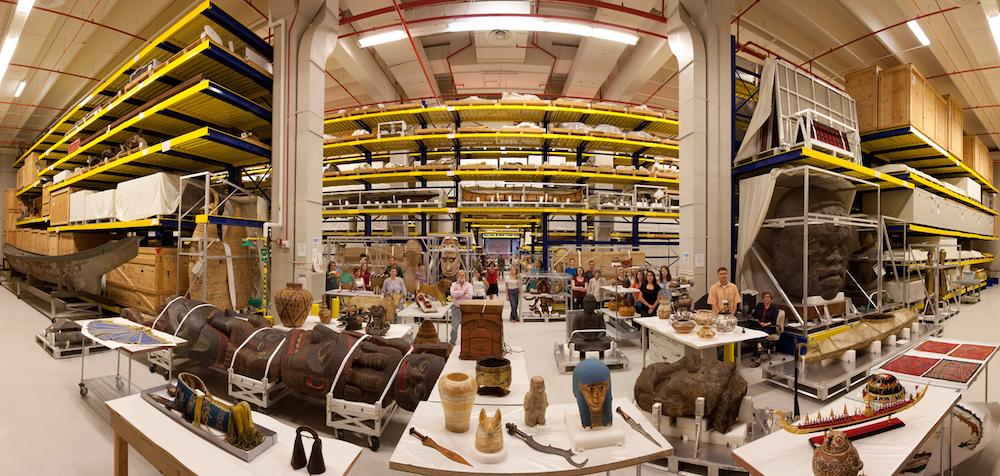Commentary
Once a field of serious academic research and study, anthropology has devolved into a virtue-signaling celebration of identity politics.

Once a field of serious academic research and study, anthropology has devolved into a virtue-signaling celebration of identity politics.